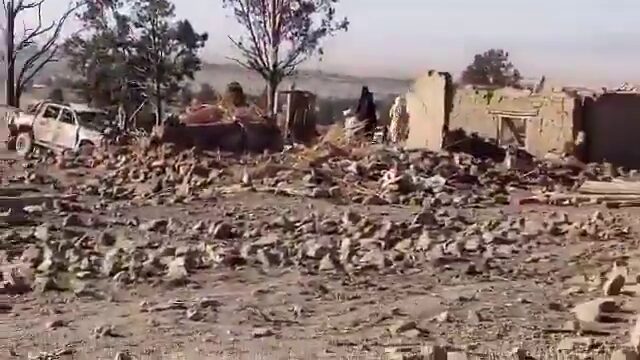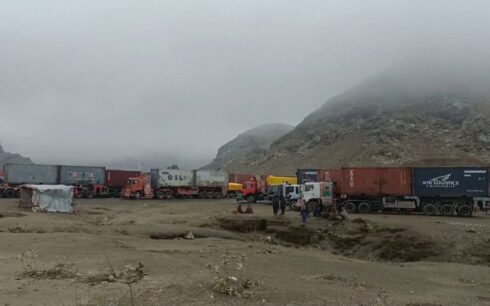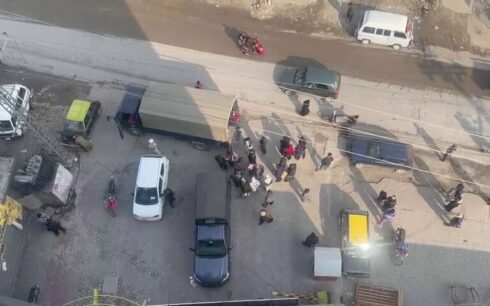KABUL, Afghanistan — Pakistani airstrikes in Paktika province, carried out while a high-level Pakistani delegation was visiting Kabul, have exposed sharp contradictions in Islamabad’s policy toward Afghanistan, according to analysts.
Taliban confirmed in a statement that the airstrikes targeted a Waziristani refugees’ camp in Paktika.
Experts argue that the simultaneous use of diplomacy and military pressure highlights Pakistan’s dual-track strategy, aimed at achieving objectives that cannot be secured through dialogue alone.
The airstrikes in Paktika Province occurred just hours after Mohammad Sadiq, Pakistan’s special envoy for Afghanistan, met with senior Taliban officials in Kabul, including acting Foreign Minister Amir Khan Muttaqi and acting Interior Minister Sirajuddin Haqqani. The discussions were reportedly focused on improving bilateral relations, but the subsequent military action has raised questions about Pakistan’s true intentions and its impact on the fragile ties between the two neighbors.
Nasrullah Stanekzai, a professor and political analyst, described Pakistan’s approach as inherently contradictory.
“Pakistan has always employed a dual strategy against Afghanistan. On one hand, it engages in diplomatic overtures, while on the other, it uses military and intelligence tools to exert pressure,” he said. “This latest attack appears to be more of a military decision than a diplomatic one.”
Atif Mukhtar, head of the Center for Strategic Studies, attributed the airstrikes to the Taliban’s weak diplomatic standing. “The Taliban’s lack of effective diplomacy has created opportunities for Pakistan to intervene militarily. To prevent such actions, Afghanistan needs a legitimate and representative government,” he said.
Impact on Pakistan’s message
The timing of the airstrikes has overshadowed the visit by Pakistan’s special envoy, according to Tahir Khan, a Pakistani journalist specializing in regional affairs.
“The meetings between Pakistan’s envoy and the Taliban seemed promising, but the military strikes in Paktika have cast a shadow over those talks,” Mr. Khan said. “Such actions are not a solution; both sides need to reduce tensions through dialogue.”
Islamabad has repeatedly called on the Taliban to take action against Tehreek-e-Taliban Pakistan (TTP), claiming that the group uses Afghan soil to plan attacks on Pakistan. The Taliban have denied these allegations, insisting that the TTP does not operate from Afghanistan.
As tensions persist, the effectiveness of Islamabad’s dual strategy remains uncertain. While Pakistan may seek to balance diplomacy with military pressure, analysts warn that such actions could deepen the divisions between the two countries rather than resolve their differences.





